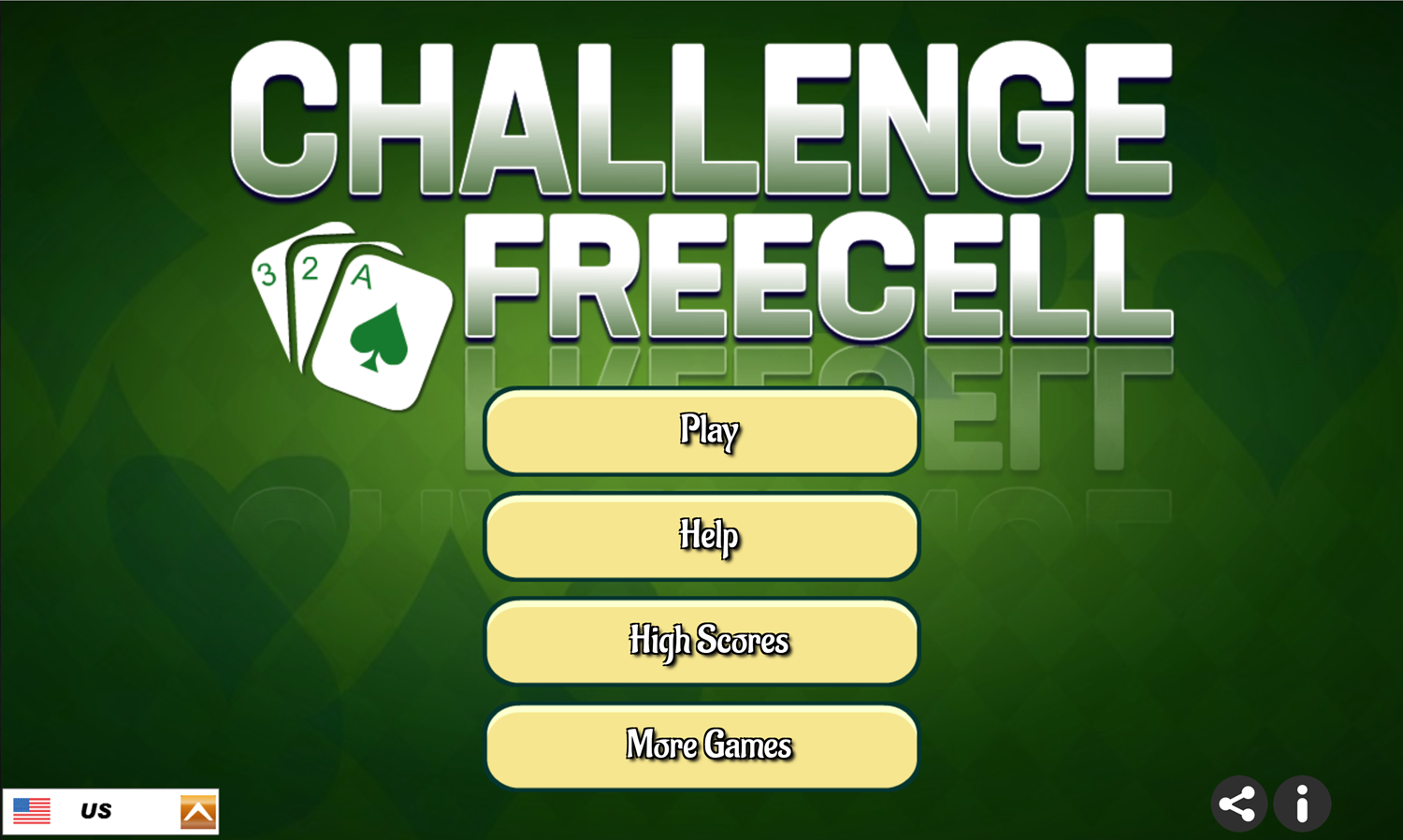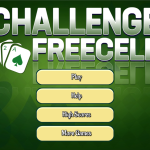In today’s fast-paced digital landscape, mental challenges are not just an exercise—they’re a necessity. Studies show that engaging in activities that stimulate the mind can help improve cognitive function, enhance memory, and even delay age-related decline. While brain-training apps and puzzles have surged in popularity, one timeless game stands out for its perfect balance of strategy and simplicity: Free Cell. Unlike many card games, Free Cell is won almost entirely through skill and planning, making it the perfect daily mental workout for all ages.
Why Free Cell is the Perfect Mental Workout
Free Cell is more than just a game; it’s a mental playground. The classic solitaire variant requires deep strategic thinking, sharp memory, and the ability to plan multiple moves ahead. Every decision in Free Cell ripples through the entire layout, meaning players must constantly adapt and recalibrate their strategies.
Strategic Thinking and Problem Solving
At its core, Free Cell is a puzzle where success depends on how well you manage the four Free Cells and the tableau. Players must think several moves ahead, anticipating the consequences of each action. This level of planning strengthens problem-solving skills and enhances cognitive flexibility.
Memory and Recall
To excel at Free Cell, players must remember card placements and track sequences as they progress. This consistent exercise of memory and recall stimulates the brain’s neural pathways, enhancing memory retention and cognitive sharpness.
Patience and Resilience
Free Cell isn’t about instant gratification. It requires patience and the willingness to backtrack when a path doesn’t work out. This promotes mental resilience, teaching players to approach obstacles methodically rather than impulsively.
The Digital Evolution of Free Cell
Since its inclusion in Microsoft Windows in the 1990s, Free Cell has transitioned smoothly into the digital age. It’s now available on virtually every platform—from desktops to smartphones—making it accessible for quick mental exercises throughout the day. Whether during a lunch break or while waiting for a bus, Free Cell provides an easy and rewarding way to keep your mind engaged.
A Game for All Ages
The beauty of Free Cell is its universal appeal. Its simple rules are easy for beginners to grasp, yet its strategic depth keeps experienced players coming back for more. For older adults, Free Cell is an excellent way to keep cognitive skills sharp, while younger players find its logic-based challenges refreshing compared to more luck-driven games.
Advanced Strategies for Mental Mastery
Utilizing Free Cells Wisely
The four Free Cells are your greatest asset, but only if used strategically. Expert players know that keeping at least one or two Free Cells open maximizes maneuverability. These spots act as placeholders, allowing you to temporarily shift cards without blocking your primary sequences.
Mastering Empty Columns
An empty tableau column is a powerful tool. It allows entire card sequences to be moved, unlocking deeper layers of strategy. Focus on clearing a column early in the game to open up more complex maneuvers.
Visualizing Moves Ahead
Winning at Free Cell often means planning multiple steps in advance. This foresight encourages a style of thinking that mirrors real-world strategic planning, making it both a game and a mental exercise in foresight and decision-making.
The Mindful Benefits of Free Cell
Beyond its strategic demands, Free Cell serves as a calming mental exercise. The methodical nature of its gameplay creates a flow state—an immersive experience where players lose track of time and become entirely focused. This flow state is associated with reduced stress and increased concentration, making Free Cell not only a mental challenge but a mindful practice as well.
Therapeutic Benefits of Free Cell
For many players, Free Cell isn’t just a pastime; it’s a therapeutic activity. The game’s structured problem-solving helps reduce anxiety and improve mood by offering a sense of control and accomplishment. This gentle form of mental challenge can be especially soothing for those seeking calmness amidst daily chaos.
Cognitive Health and Longevity
Research suggests that mentally stimulating activities like Free Cell can contribute to long-term cognitive health. Regular engagement with games that require strategic thinking and memory recall has been linked to slower cognitive decline in older adults. Free Cell, with its deterministic structure, provides a perfect mental landscape to keep the brain active and agile.
Building a Community Around Free Cell
Free Cell’s enduring popularity has fostered a dedicated community of players. Online forums and competitive platforms allow enthusiasts to share strategies, discuss challenging layouts, and celebrate high scores. This sense of community adds another layer of enjoyment to the game, turning solitary play into a shared experience.
Global Tournaments and Challenges
Free Cell tournaments have sprung up globally, allowing players to test their strategic prowess against the best. These competitions are not just about winning but about pushing the boundaries of strategic thinking, often revealing new techniques and approaches.
Online Challenges and Collaborative Play
The online gaming world has expanded Free Cell into community-driven events. Players often participate in daily challenges, speed runs, and collaborative problem-solving sessions, adding a social layer to this traditionally solo game.
Free Cell is far more than a digital card game; it’s a daily opportunity to sharpen your mind, improve cognitive skills, and find a moment of peace amidst the chaos. Its simplicity masks deep layers of strategy, making it the perfect game for mental stimulation and relaxation. Whether you’re solving a quick puzzle during a break or engaging in a competitive tournament, Free Cell is a gentle reminder that the best mental workouts are sometimes found in the simplest places. Next time you’re looking for a break that benefits your brain, why not play a round of Free Cell? Your mind will thank you for it.











Leave a comment